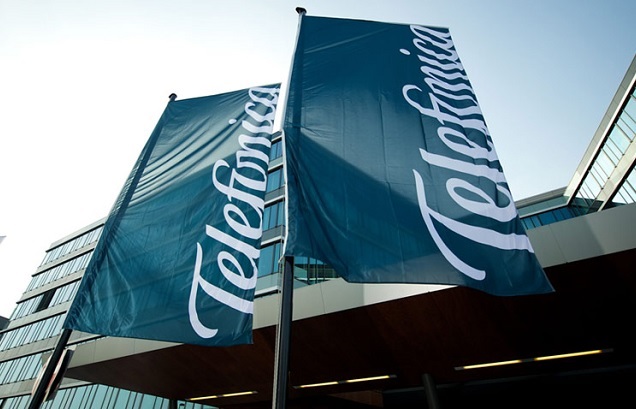Telefonica’s domestic unit plans to close one copper network exchange per day over the next three years as part of its migration to fibre-based infrastructure.
The Spanish telco on Thursday revealed that the scheme will see it hit its target of shutting down 253 exchanges this year and a further 200 per year in 2019 and 2020.
Telefonica’s so-called FARO project is designed to further the migration of customers to fibre-based services and facilitate the closure of its old copper plants.
The operator highlighted some of the benefits of the move from an infrastructure point of view, including energy savings and a smaller footprint: fibre access technology requires just 15% of the space taken up by copper, while energy savings can amount to as much as 60%, it claimed. It also noted that it aims to reuse and recycle elements of the legacy network.
“Fibre is the access technology that will support the development of services and customers for the next 100 years and Telefónica is working on the evolution of copper to fibre and enabling the process of network simplification and transformation,” said Pablo Ledesma, Director of Operations at Telefónica España.
“Spain is at the forefront of Europe in the rollout of ultra-fast broadband and digitalization thanks to the push that Telefónica has given to the deployment of fibre and the migration of its consumer and business customers to this new technology,” he insisted.



